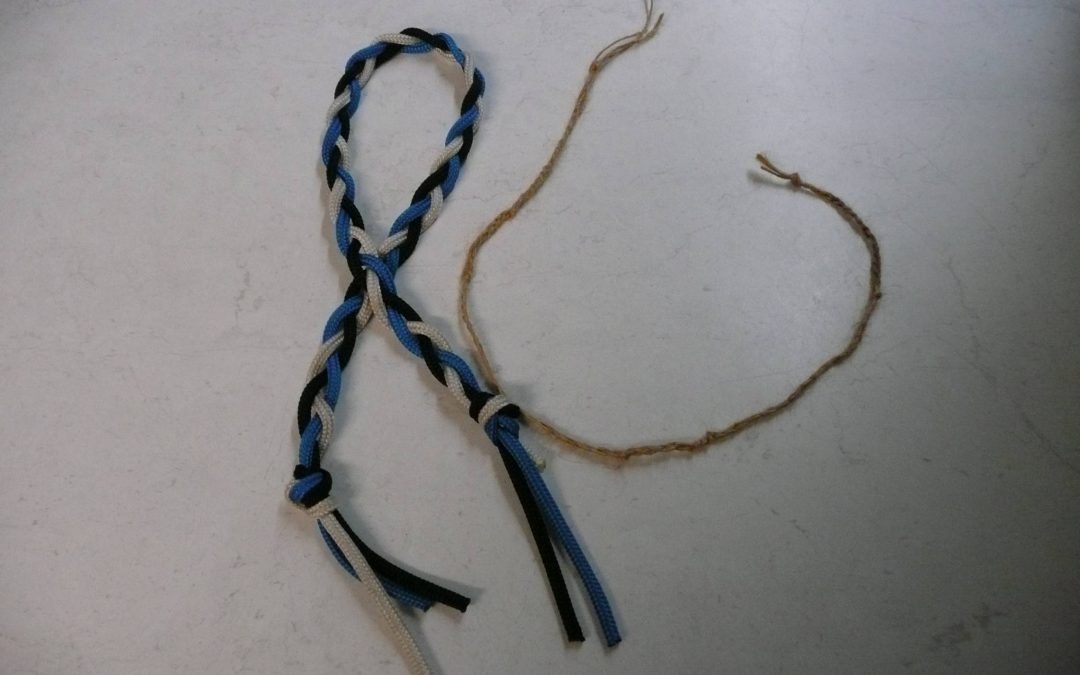It was the Great Scout Worm Race tonight, with the Scouts split in to teams they had to climb headfirst in to a sleeping back and wriggle their way across the hall. Once there they took the bag off and the next person got in to wriggle back again. Of course this being Scouts the game rules were quickly thrown out of the window and the extra element of disorientating the Scouts being the worms quickly added:
We then had a discussion about methods you could use to purify water, lots of good suggestions and ideas came forward:
- Boiling – you need a rolling boil for at least 3-5 minutes, and longer if you are at altitude. This will kill off pathogens but does not remove dirt of heavy metal contamination
- Distilling – a progression on from boiling, taking the steam created and condensing it back to water. Very clean water can be produced this way, but a lot of energy is needed.
- LifeStraw – a pre-packaged filtration system built in to a straw like mechanism. All LifeStraw models removed most bacteria, parasites and microplastics. Some models also remove Virus and chemical contamination.
- Filtering – making your own filters with rocks, smaller rocks, pebbles and sand. It was also discussed even your clothing can filter out some contaminants
- The Sun – Leaving water in a plastic bottle out in the sun, where the heat and UVA radiation will sterilise the water
- Natural – Some plants can help clean water, pine sap kills bacteria and coriander can absorb heavy metals
- Chemical Tablets – sold in camping stores these can kill pathogens in the water
We also covered that you can use more than one method, for instance you should try and filter the water first before boiling it. We also has some discussions on how to collect clean water:
- Hanging bags off plant leaves to collect dew
- Creating a solar still
- Using plastic sheeting to collect rainwater
Lots of good ideas, we will try and build some of those in a future camp.
The Scouts were then given a table full of objects and asked to create something that will show them magnetic north:
Of course all those who had been in Cub Scouts already knew in principle, however it was a little harder this time as the bits of metal were larger and required more precise stroking with the magnets to work.
We then made some strong rope using thinner strings, a few different methods were shown and practised. Unfortunately the rope making machine, previously built by the Scouts, had broken so we could not actively use that this week. It only needs some new rubber so we will go over using that next week, along with the machine that makes rope from drinks bottles.
A special mention to this lovely work though:
Very colourful, and we know who our expert rope maker on camp is from now on!
Lastly we had a chat about the hike elements of the Campcraft badges, the Pioneer levels definitely wanted to do there hike which needs to take a day, be on a marked track in a familiar area. The Explorer level need to start working on planning their hike, which needs to be at least 15km over 2 days, so a camp in the middle. There is the option for the Pioneers to take part in this too if.




















